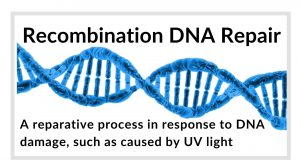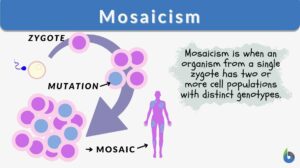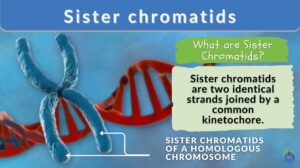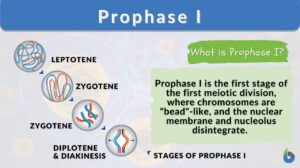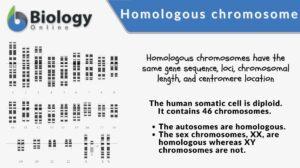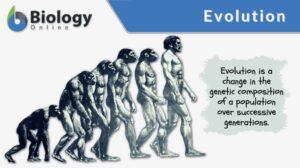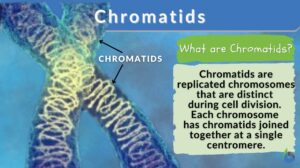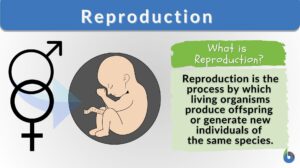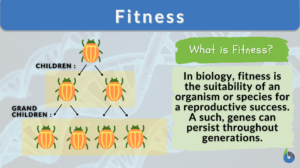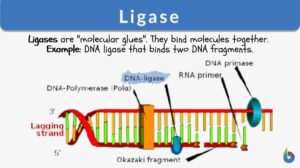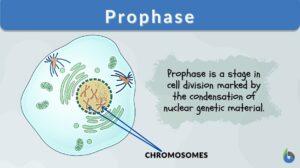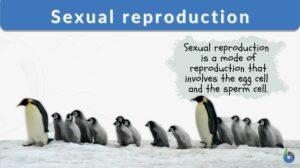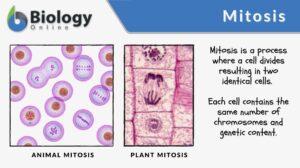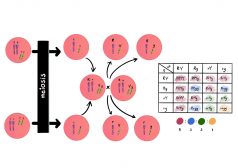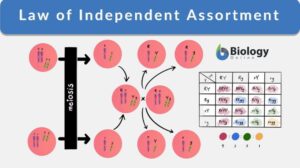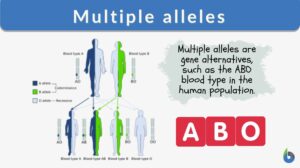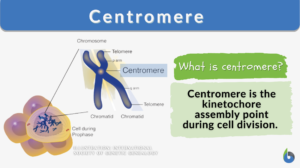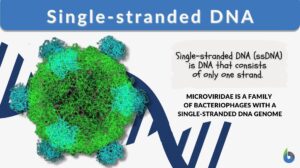Search Results for: recombination
Recombination DNA repair
Recombination DNA Repair Definition Recombination DNA repair is a biological reparative process in response to DNA damage... Read More
Recombination
Definition noun, plural: recombinations (1) (genetics) The process or act of exchanges of genes between chromosomes,... Read More
Sister chromatids
Sister Chromatids Definition Sister chromatids are defined as the two identical copies of a single replicated chromosome... Read More
Prophase I
Organisms all use mitosis to create more cells in the body. Meiosis, a similar process, is used in some organisms to undergo... Read More
Y chromosome
Y chromosome Definition The Y chromosome constitutes one member of the pair of sex chromosomes within an organism, a common... Read More
Homologous chromosome
A homologous chromosome pertains to one of a pair of chromosomes with the same gene sequence, loci, chromosomal length, and... Read More
Chromatids
Chromatid Definition Chromatids are found inside our cells. Chromatids are condensed chromosomes distinguishable during... Read More
Reproduction
Reproduction Definition Reproduction is a biological phenomenon of producing offspring/s. i.e. more of its kind. Depending... Read More
Genetic recombination
Definition noun The process of forming new allelic combination in offspring by exchanges between genetic materials (as... Read More
Recombinant DNA
Definition noun Genetically-engineered DNA molecule formed by splicing fragments of DNA from a different source or from... Read More
Parthenogenesis
To reproduce, by definition, means to produce new offspring. The process is referred to as reproduction, which is one of the... Read More
Metaphase I
Definition noun The second stage in the first meiotic division after prophase I, and highlights the alignment of paired... Read More
Cell division
Cell division is a biological process by which a parent cell duplicates its cell contents and divides to give rise to two or... Read More
Sexual reproduction
Sexual reproduction is a mode of reproduction involving the fusion of haploid female gamete (egg cell) and haploid male... Read More
Independent Assortment and Crossing Over
Reviewed by: Mary Anne Clark, Ph.D.The previous tutorial investigates the process of meiosis, where... Read More
Genetic variation
Definition noun, plural: genetic variations Variations of genomes between members of species, or between groups of species... Read More
Endogenote
Endogenote The original complete genome of a bacterium, before addition of new genetic material (an exogenote) from a donor... Read More
Genetic map
Definition noun (1) A list of ordered genetic loci for a particular genome. (2) A map of the relative positions of genetic... Read More
Copy choice
Copy choice a genetic recombination mechanism where the new dna molecule comes about by replicating selected parts of each... Read More
Sex-determining Region Y gene
Definition noun The gene that codes for the SRY protein, which is associated with the testicular development in many male... Read More
Genetic marker
Definition noun, plural: genetic markers A gene or (a fragment of) DNA sequence having a known location on a chromosome, has... Read More
Law of Independent Assortment
Law of Independent Assortment Definition noun (genetics) Mendelian law stating that for every pair of unit factors, each... Read More
Parasitism
Organisms depend on different sources of food to survive. Larger organisms like plants make their own food (autotrophs) and... Read More
Multiple alleles
Alleles are the pairs of genes occupying a specific spot called locus on a chromosome. Typically, there are only two alleles... Read More
Centromere
Centromere Definition Centromere is defined as the point of attachment for the sister chromatids generated after DNA... Read More
Single-stranded DNA
What is single-stranded DNA? DNA is the material that living organisms possess that carries their genetic make-up. DNA and... Read More
